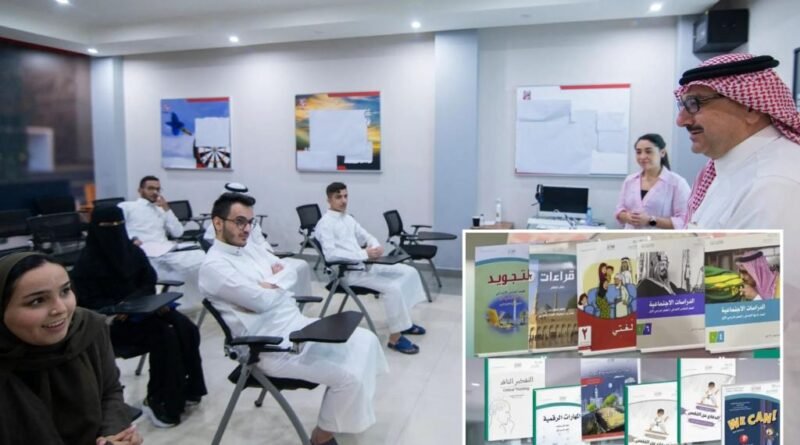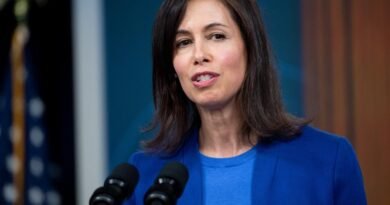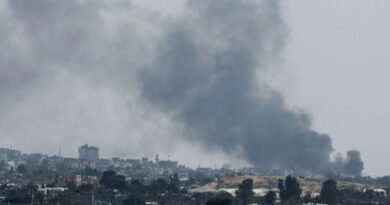The Saudi education system has now adopted Western educational practices

In the Middle East, there is a bleak outlook, but there are positive developments that suggest a brighter future. A recent study on the school curriculum in Saudi Arabia is one such example. The progress in Saudi education offers hope for what the region could look like in the future.
Textbooks offer insight into the future like no other document can. They reflect the values and principles that governments hope their children will uphold as adults. The Institute for Monitoring Peace and Cultural Tolerance in School Education (IMPACT-se) conducted a study on the 2023/24 curriculum in Saudi Arabia. After reviewing 371 textbooks from 2019 to 2024, IMPACT-se evaluated the changes made for the current school year, aligning them with UNESCO standards for peace and tolerance in education.
The findings were encouraging. Saudi textbooks have been steadily improving over the years, with violent jihad endorsements, antisemitic language, and texts promoting male superiority over women being removed or altered. This shift towards gender parity and tolerance is significant for the region. Additionally, Zionism is no longer portrayed as a product of European colonialism.
As Saudi ruler Mohammed bin Salman (MBS) works towards his vision for the Kingdom’s future, the education of Saudi children is a crucial aspect. These textbook changes coincide with MBS’s efforts to open up the Kingdom to the world and promote economic development, modernization, and closer relations with the West. A more tolerant and inclusive curriculum aligns with these goals.
President Biden envisions a cooperative and peaceful Middle East, and progress towards this is evident in other regions as well. The United Arab Emirates, Morocco, and Egypt have revised their textbooks to promote tolerance, coexistence, and inclusivity. These positive steps show that a better future is not only possible but already in motion.
However, President Biden should also address the negative trend in Palestinian textbooks. While he plans for Gaza’s rebuilding and cooperation between Palestinians and Israelis, Palestinian Authority textbooks continue to promote hatred, violence, and martyrdom, with no mention of peace. This stark difference highlights the urgent need for change in Palestinian education.
Textbooks serve as a litmus test for change. Two decades after the 9/11 attacks, Saudi textbooks are moving towards tolerance and moderation, showcasing the region’s potential for transformation. Achieving President Biden’s vision for the Middle East requires a comprehensive shift in Palestinian education to foster understanding and cooperation among all parties involved.
Marcus Sheff is CEO of the Institute for Monitoring Peace and Cultural Tolerance in School Education



